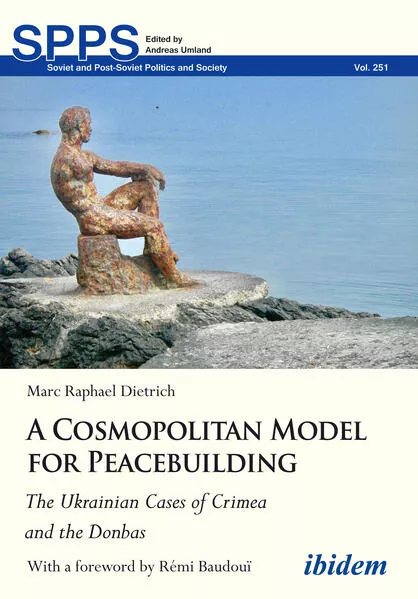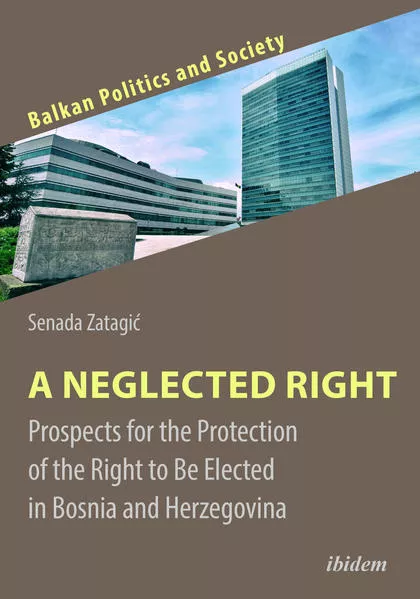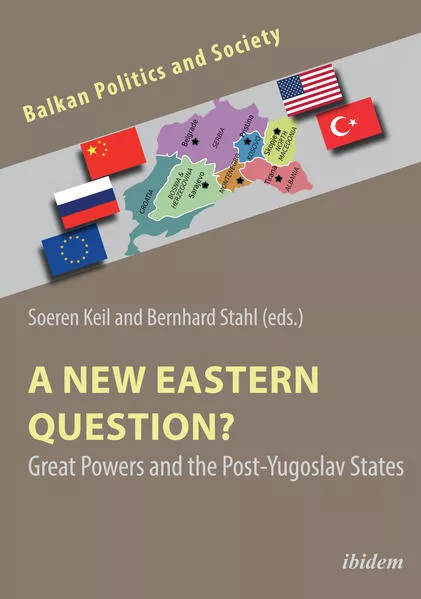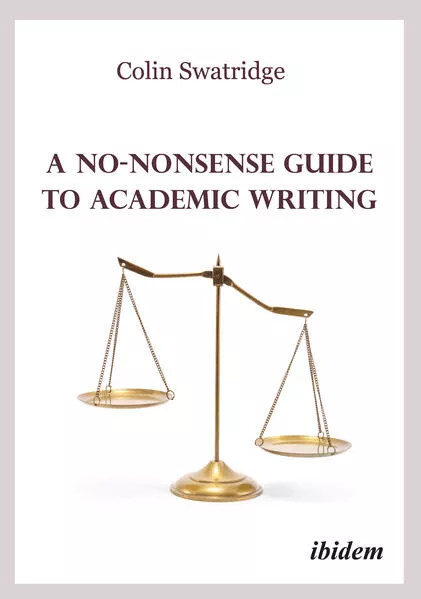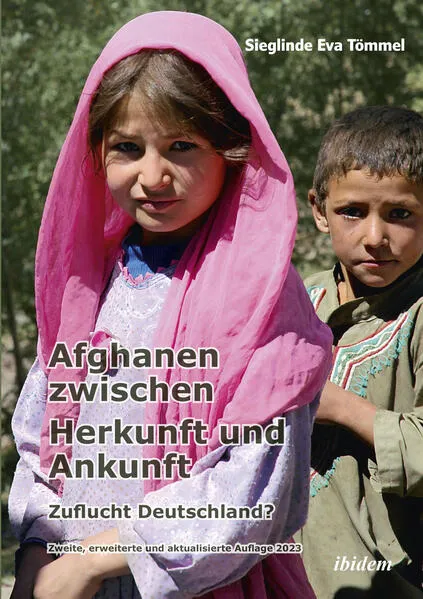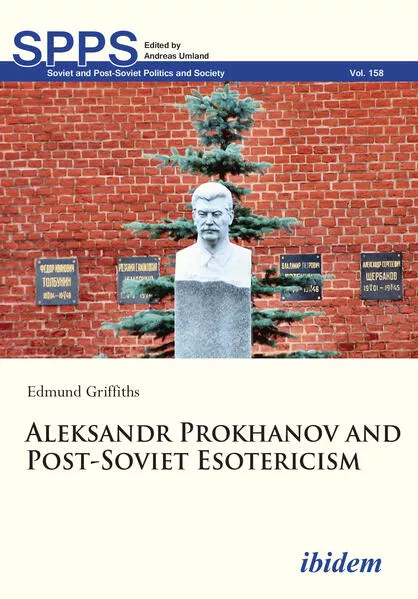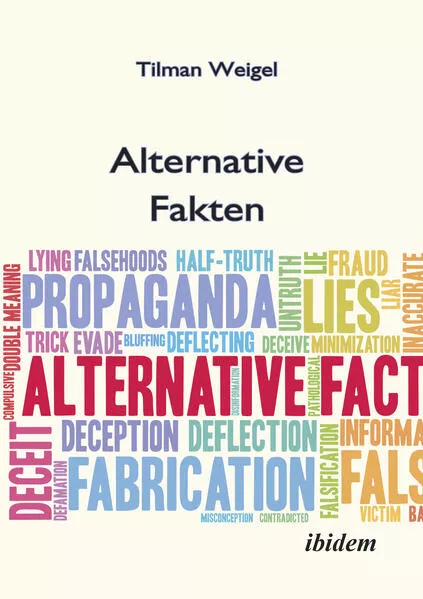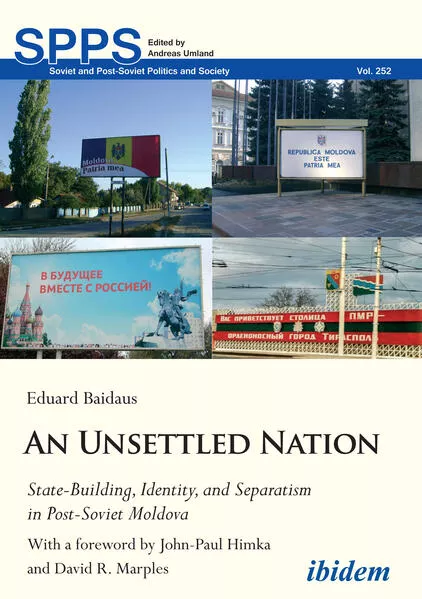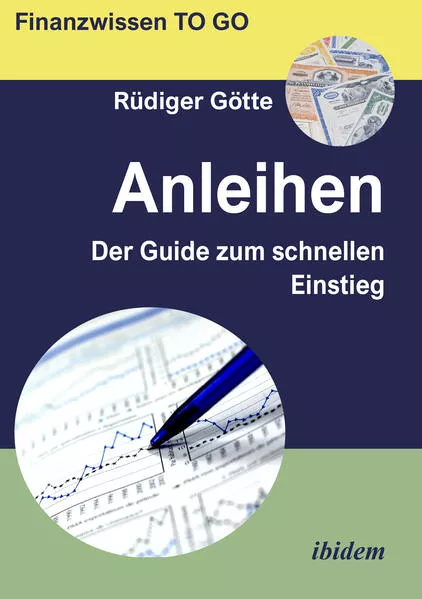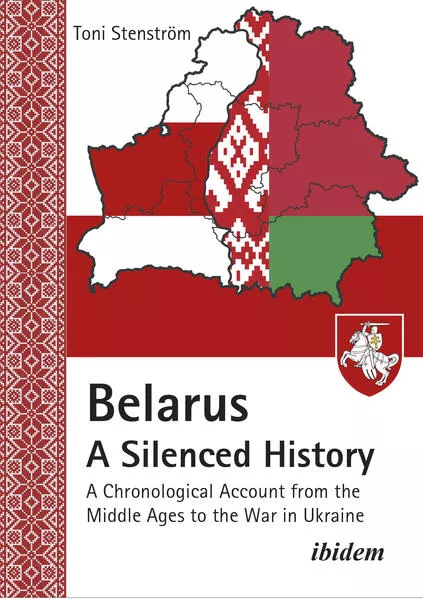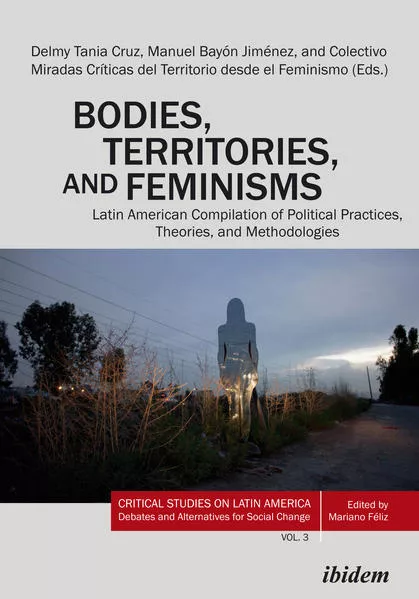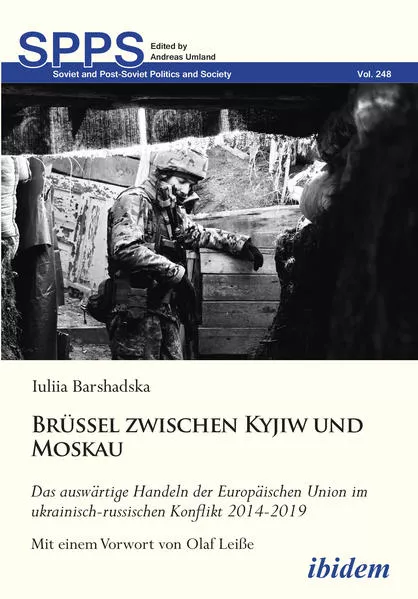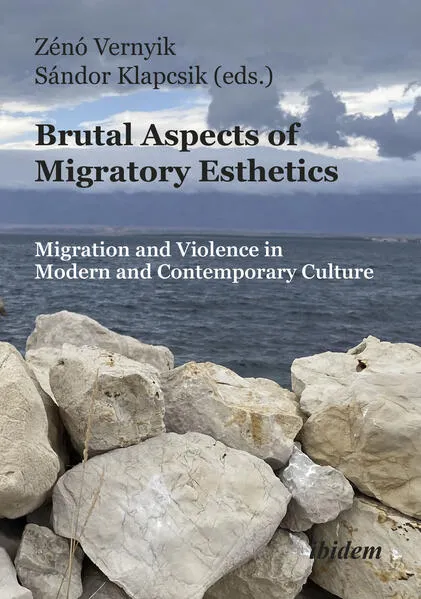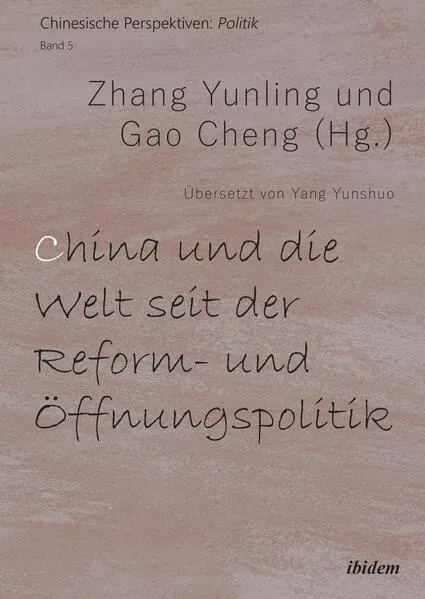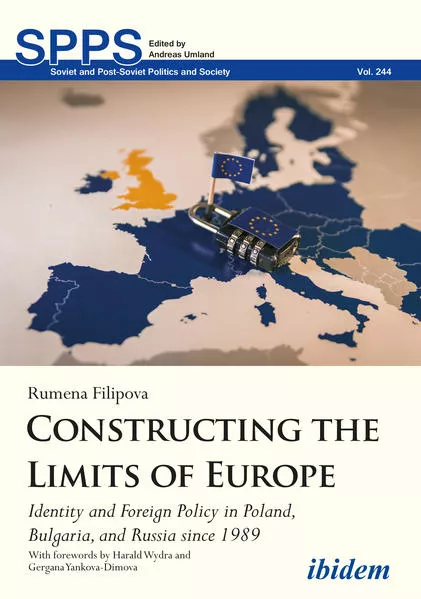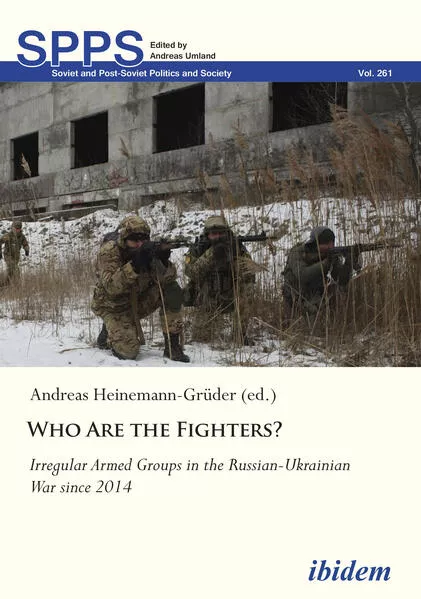
Andreas Heinemann-Grüder
Who Are the Fighters?
- Irregular Armed Groups in the Russian-Ukrainian War since 2014
ISBN: 978-3-838-21777-2
0 Seiten | € 34.90
Buch [Taschenbuch]
Dieses Buch gehört zur Reihe Soviet and Post-Soviet Politics and Society und enthält ca. 43 Folgen.
Erscheinungsdatum:
24.06.2024
Politik
Andreas Heinemann-Grüder
Who Are the Fighters?
Irregular Armed Groups in the Russian-Ukrainian War since 2014
The war in Ukraine has been fought with, among others, irregular armed groups since 2014—volunteers, paramilitaries, and mercenaries. Based on interviews in the Russian-controlled Donbas and with Ukrainian combatants, the contributions to this volume disclose various micro-dynamics of the mobilization, group formation, and fighting. Who were these fighters and who organized them? Russia has been increasingly employing mercenaries as a way to conduct undeclared, but ruthless wars beyond her borders. Ukraine’s formation of irregular armed groups in 2014 was a response to the army’s initially glaring inability to counter Russia’s military intervention. Most of the irregular battalions acted from the beginning under governmental orders. They have never operated autonomously, but compensated for operational weaknesses of regular armed groups. The initially high power of irregular battalions derived from state support, the capabilities of commanders, social networks, and the faculties of the fighters.
Unterstütze den lokalen Buchhandel
Nutze die PLZ-Suche um einen Buchhändler in Deiner Nähe zu finden.
Bestelle dieses Buch im Internet
| Veröffentlichung: | 24.06.2024 |
| Höhe/Breite/Gewicht | H 21 cm / B 14,8 cm / 342 g |
| Art des Mediums | Buch [Taschenbuch] |
| Preis DE | EUR 34.90 |
| Preis AT | EUR 35.80 |
| Reihe | Soviet and Post-Soviet Politics and Society |
| ISBN-13 | 978-3-838-21777-2 |
| ISBN-10 | 3838217772 |
Über den Autor
Dr. Andreas Heinemann-Grüder is Professor of Political Science at the University of Bonn and Senior Researcher at the Bonn International Centre for Conflict Studies. He taught at the Free as well as Humboldt University of Berlin, Duke University, University of Pennsylvania, and University of Cologne. He has given policy advice to Germany’s Chancellery, Foreign Ministry, Ministry of Economic Cooperation and Parliament, as well as the European Parliament, OSCE, NATO, and EU. Heinemann-Grüder’s previous books include Sowjetische Politik im arabisch-israelischen Konflikt (Deutsches Orient-Institut 1991), Die Spezialisten (with Ulrich Albrecht and Arend Wellmann; Dietz 1992), Der heterogene Staat (BWV 2000), Federalism Doomed? (Berghahn 2002), Die sowjetische Atombombe (Westfälisches Dampfboot 2002), Föderalismus als Konfliktregelung (Budrich 2011), Zivile Konfliktbearbeitung (co-edited with Isabella Bauer; Budrich 2012), Lehren aus dem Ukrainekonflikt (co-edited with Claudia Crawford and Tim Peters; Budrich 2021), and Osteuropa zwischen Mauerfall und Ukrainekrieg (co-authored with Ulrich Schmid, Angelika Nussberger and Martin Aust; Suhrkamp 2022).Diesen Artikel teilen
0 Kommentar zu diesem Buch
.... weitere Publikationen von ibidem
Leserunde
Okkultes Historiendrama über den bedeutendsten Geheimkult der Antike - Spannung, Archäologie, Liebe und Mystery
Bewerbungsfrist bis zum: 17.03.2026



